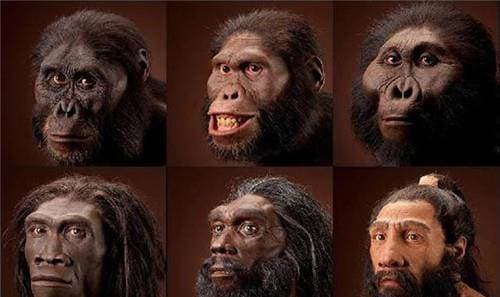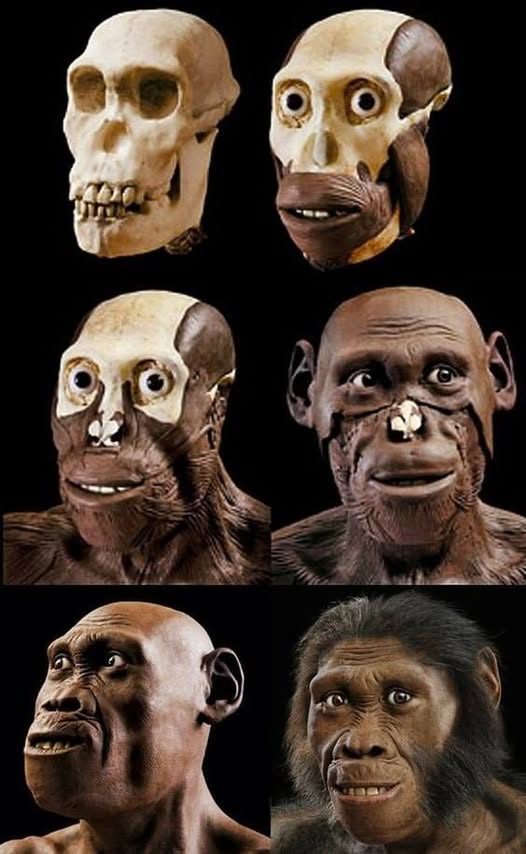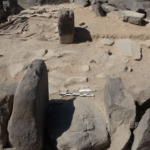Human evolution appears to be accelerating compared to ancient times, such as around 4000 BC.

1. Genetic Evolution Has Sped Up in the Last 10,000 Years
-
A major 2007 study (“Recent acceleration of human adaptive evolution” – Hawks et al.) found that natural selection has been acting more rapidly on the human genome since the advent of agriculture (~10,000 years ago).
-
This is largely due to:
-
Larger population sizes → More mutations to select from
-
New environments → Urban life, diverse climates, domesticated animals
-
New diets → e.g., lactose tolerance evolved after dairy farming
-
Disease pressure → e.g., genes related to malaria or immuni
-
Example: The lactase persistence gene (allows adults to digest milk) spread rapidly in populations that adopted dairy farming.

2. Cultural Evolution Greatly Accelerates Human Change
-
Unlike genetic evolution, cultural evolution can occur over decades or centuries, not millennia.
-
Around 4000 BC (6,000+ years ago), humans were just entering the Bronze Age, with:
-
Early writing systems (e.g. Sumerian cuneiform)
-
City-states
-
Basic metallurgy
-
-
Today we experience technological revolutions every few decades.
Cultural change acts as a feedback loop on biological evolution:
-
Example: Agriculture led to denser populations → more disease → selection for immune genes
3. Accumulation of Knowledge and Innovation
-
Human innovation builds cumulatively.
-
Unlike other species, we record and pass on knowledge, accelerating each generation’s capacity to change the world.
-
From domestication and irrigation in 4000 BC → to electricity, AI, gene editing in under 6,000 years.
Modern Twist: Are We Still Evolving Biologically?
-
Yes, but modern medicine, global mixing, and changing selection pressures have altered the path.
-
Some argue we’re entering a phase of self-directed evolution:
-
CRISPR and genetic engineering
-
Human-machine integration (e.g. prosthetics, implants)
-
Summary
Compared to around 4000 BC, human evolution has accelerated—especially due to:
-
Larger populations and mutation rates
-
Massive environmental and lifestyle changes
-
Rapid cultural and technological innovation
-
Feedback between culture and biology












